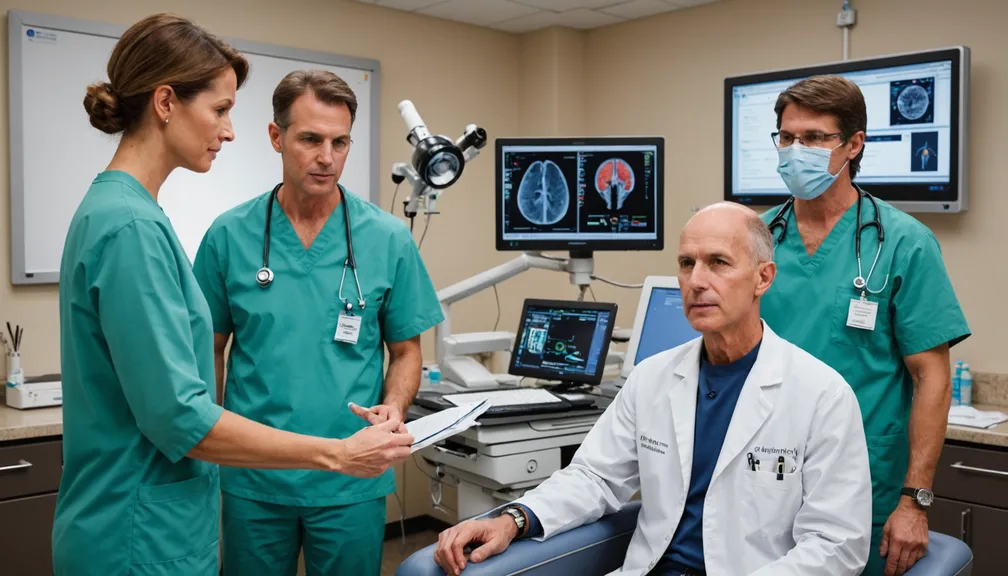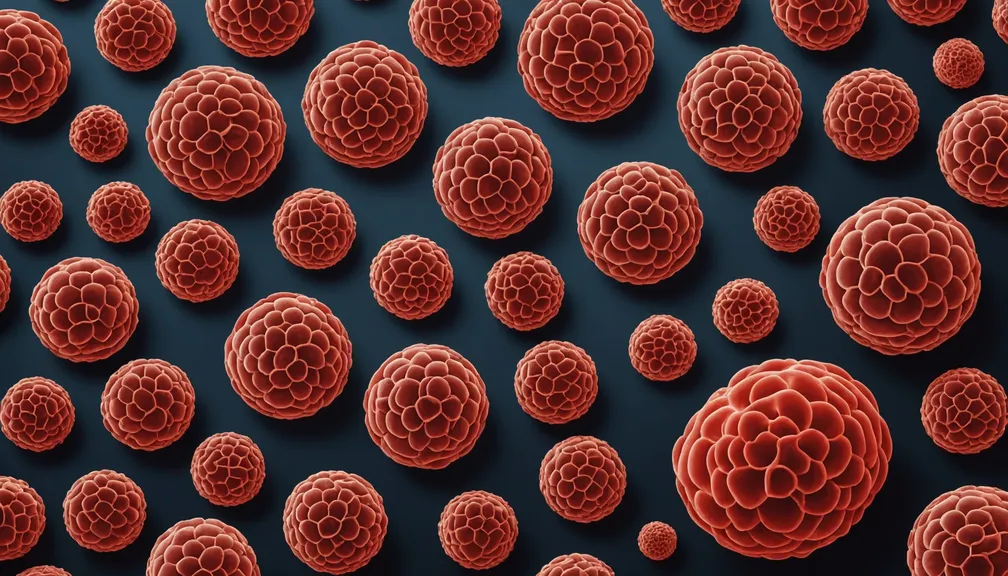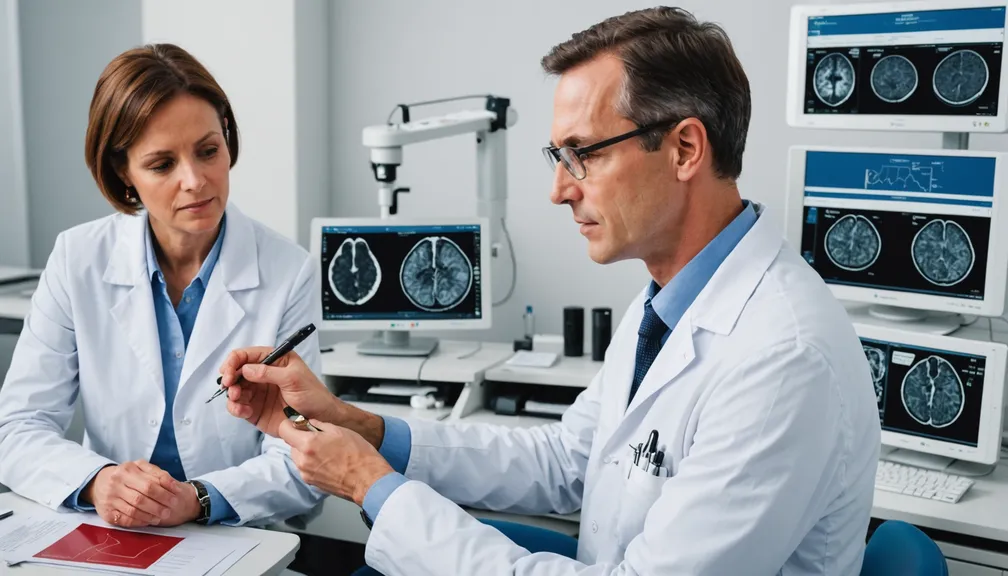Introduction to Blood Cancers: Types and Differences
Hematologic cancers, commonly known as blood cancers, affect the blood, bone marrow, and lymphatic system. Understanding the different types of blood cancers is essential for recognizing symptoms, seeking timely treatment, and providing support to those affected.
Types of Blood Cancers
1. Leukemia
Leukemia is a cancer that starts in the bone marrow—the soft, spongy center of bones where blood cells are made. It leads to the production of abnormal white blood cells, which interfere with the body's ability to fight infections.
Types of Leukemia
- Acute Lymphoblastic Leukemia (ALL):
- Most common in children.
- Affects lymphoid cells, which become immature and multiply rapidly.
- Acute Myeloid Leukemia (AML):
- More common in adults.
- Affects myeloid cells, which develop into red blood cells, white blood cells, and platelets.
- Chronic Lymphocytic Leukemia (CLL):
- Typically affects older adults.
- Involves mature lymphocytes that accumulate slowly.
- Chronic Myeloid Leukemia (CML):
- Occurs in adults.
- Involves the uncontrolled growth of myeloid cells.
2. Lymphoma
Lymphoma originates in the lymphatic system, which is part of the immune system. It involves the abnormal growth of lymphocytes, a type of white blood cell.
Types of Lymphoma
- Hodgkin Lymphoma (HL):
- Characterized by the presence of Reed-Sternberg cells.
- Commonly diagnosed in early adulthood and late adulthood.
- Non-Hodgkin Lymphoma (NHL):
- A diverse group of blood cancers that includes many subtypes.
- Can occur at any age and has varying degrees of severity.
3. Multiple Myeloma
Multiple myeloma affects plasma cells, another type of white blood cell found in the bone marrow. These cancerous plasma cells produce abnormal proteins that can cause complications in the body.
Key Features of Multiple Myeloma
- Bone Damage: Can lead to pain, fractures, and osteoporosis.
- Kidney Issues: Abnormal proteins can harm the kidneys.
- Anemia: Reduced production of healthy red blood cells can cause fatigue and weakness.
Symptoms of Blood Cancers
While symptoms can vary based on the type of blood cancer, common signs include:
- Unexplained Fatigue or Weakness
- Frequent Infections
- Unexplained Weight Loss
- Swollen Lymph Nodes
- Easy Bruising or Bleeding
- Bone or Joint Pain
- Fever or Night Sweats
Diagnosis and Testing
Diagnosing blood cancers typically involves a combination of:
- Blood Tests: To check for abnormal levels of blood cells.
- Bone Marrow Biopsy: To examine the bone marrow for cancerous cells.
- Imaging Tests: Such as X-rays, CT scans, or MRIs to detect bone damage or swollen lymph nodes.
- Genetic Tests: To identify specific genetic mutations associated with certain blood cancers.
Treatment Options
Treatment plans depend on the type and stage of the blood cancer, as well as the patient's overall health. Common treatments include:
- Chemotherapy: Uses drugs to kill cancer cells.
- Radiation Therapy: Uses high-energy rays to target and kill cancer cells.
- Targeted Therapy: Focuses on specific molecules involved in cancer growth.
- Immunotherapy: Boosts the body's immune system to fight cancer.
- Stem Cell Transplant: Replaces damaged bone marrow with healthy cells.
- CAR T-Cell Therapy: Modifies a patient's T-cells to attack cancer cells.
Living with Blood Cancers
Managing life with a blood cancer involves both medical treatment and emotional support. It's important to:
- Follow Treatment Plans: Adhere to the prescribed treatments and attend all medical appointments.
- Maintain a Healthy Lifestyle: Eat a balanced diet, stay hydrated, and engage in gentle physical activity as allowed.
- Seek Support: Connect with support groups, counselors, and loved ones to help cope with the emotional challenges.
- Stay Informed: Educate yourself about the disease and treatment options to make informed decisions.
Healthcare Professionals Who Can Help
Various specialists and healthcare providers play a role in the diagnosis, treatment, and support of blood cancer patients:
- Hematologist/Oncologist: Doctors who specialize in blood cancers and oversee treatment plans.
- Radiation Oncologist: Specialists who manage radiation therapy treatments.
- Pathologist: Doctors who diagnose cancer by examining tissues and cells.
- Bone Marrow Transplant Specialist: Experts in performing stem cell and bone marrow transplants.
- Nurse Practitioner/Registered Nurse: Provide ongoing care and support throughout treatment.
- Social Worker/Counselor: Assist with emotional support and navigating healthcare services.
- Pharmacist: Helps manage medications and addresses any side effects or interactions.
- Physical Therapist: Aids in maintaining physical strength and mobility during and after treatment.
Understanding blood cancers and their differences empowers patients and their loved ones to navigate the journey with knowledge and confidence. Always consult with healthcare professionals to determine the best course of action tailored to individual needs.






